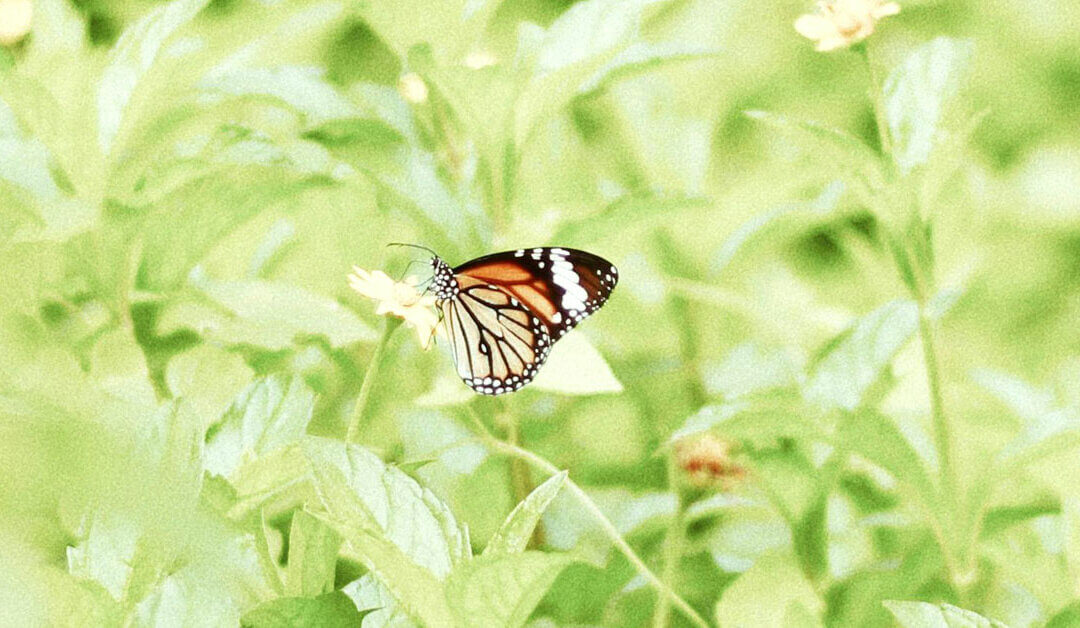
by Daniel Meyer | Apr 25, 2024
I know that for many people, venturing into wilderness areas is a very important element for health and balance in their lives. I feel this as well, but also, for me, the nature directly around me is equally important.
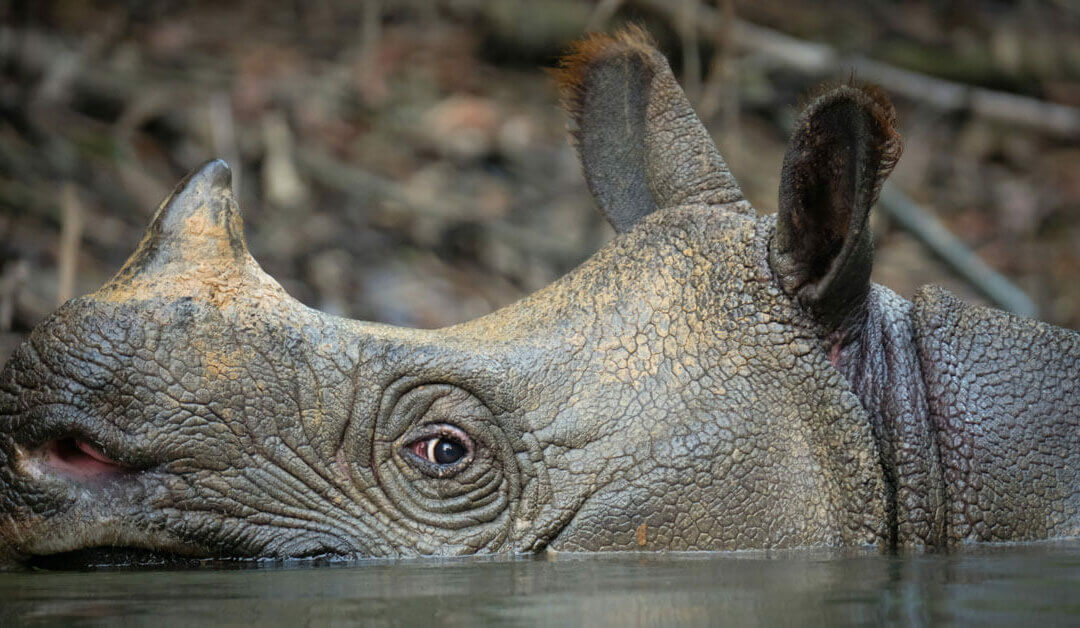
by Daniel Meyer | Apr 4, 2024
“Tech & Tradition” delves into the evolving landscape of conservation, exploring the synergy between traditional wisdom and technological innovation.

by Cidee Despi | Mar 21, 2024
At CoalitionWILD, we believe in the power of mentorship and the transformative impact it can have on the lives of young conservationists. Here, we shine a spotlight on two exceptional repeat mentors, Phoebe Barnard and David Manski, who have been actively involved in our Global Mentorship Program. Their dedication, wisdom, and passion for conservation have inspired and guided numerous young professionals on their journey to become future leaders in the field.
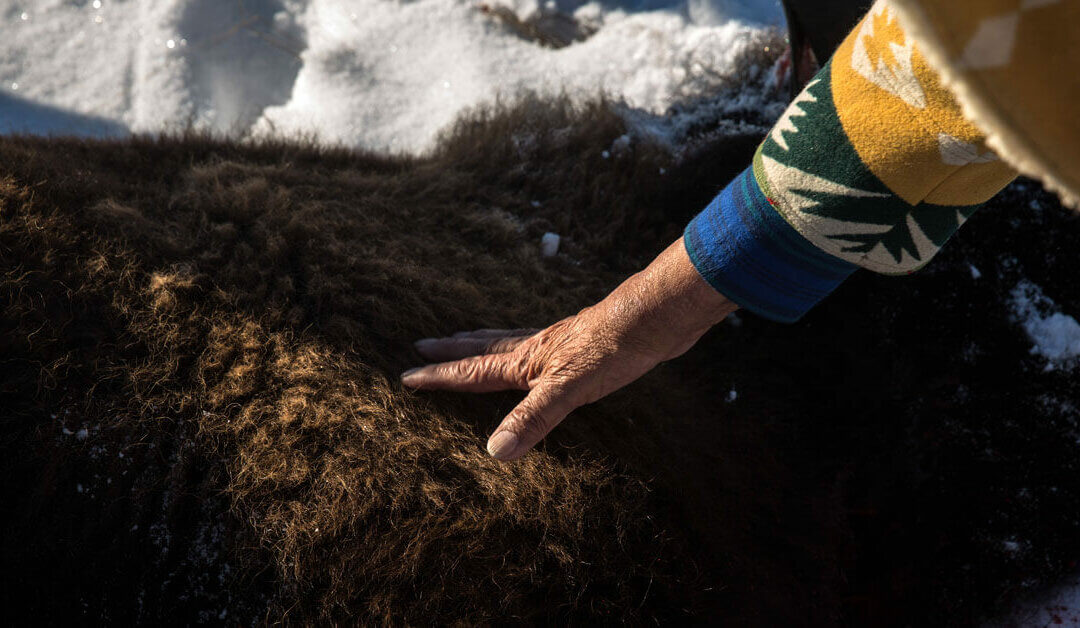
by Daniel Meyer | Jan 25, 2024
Embark on an insightful exploration at the crossroads of environmental stewardship and cultural preservation through a Q&A with Jordan Kennedy.
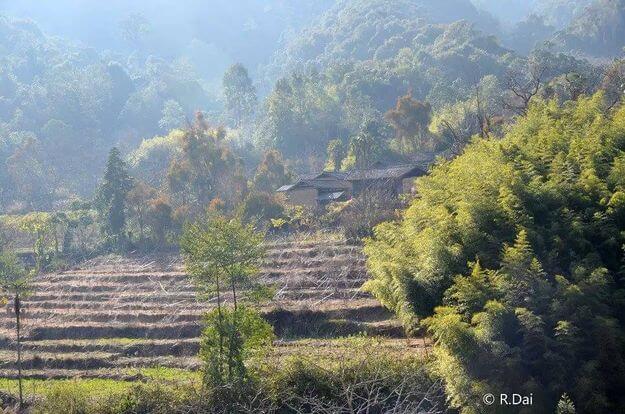
by Cidee Despi | Jan 9, 2024
In 2014 – 2015, for 6 months I was part of a field research team working on the gibbons (Hoolock tianxing), a small ape inhabiting the subtropical evergreen forest of southwest China, close to the mountainous Sino-Myanmar border. This region harbors a high level of biodiversity with a 335,549 – ha protected area founded in the 1980s. “Gaoligong” as the reserved was named after referred to an ancient family once living in this area.

by Daniel Meyer | Dec 20, 2023
There is no power for change greater than a community discovering what it cares about. – Margaret J. Wheatley

by Daniel Meyer | Dec 20, 2023
Too often, the vast expanse of lands known as the Great Plains is dismissively referred to as “flyover country.”
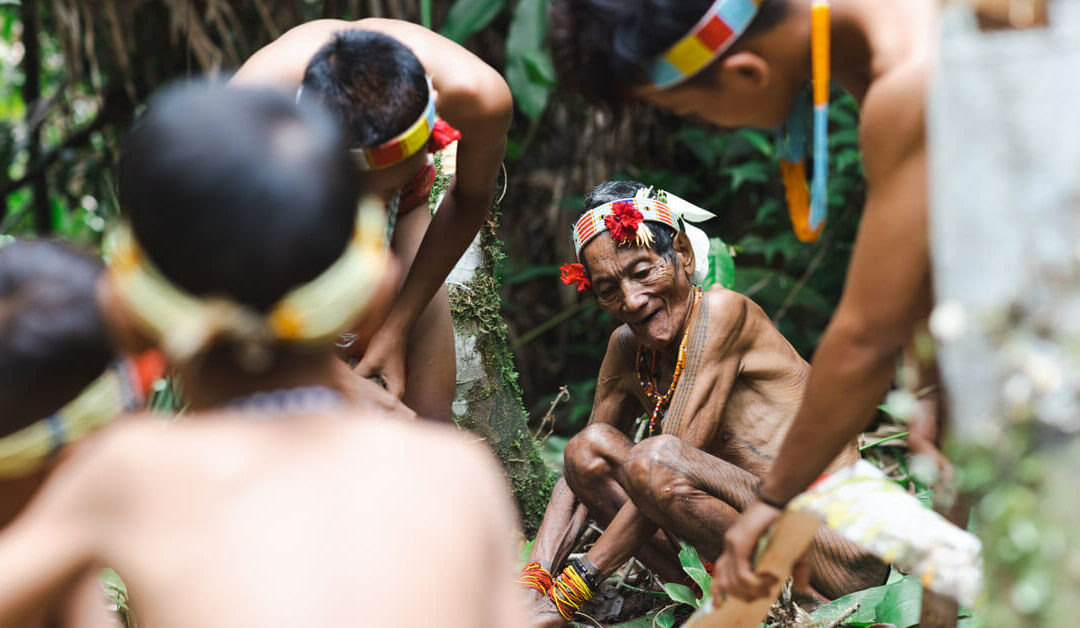
by WILD Foundation | Dec 14, 2023
Discover the Mentawai community through the lens of photographer Amy Vankanan—one of the oldest jungle Indigenous Peoples in Indonesia.
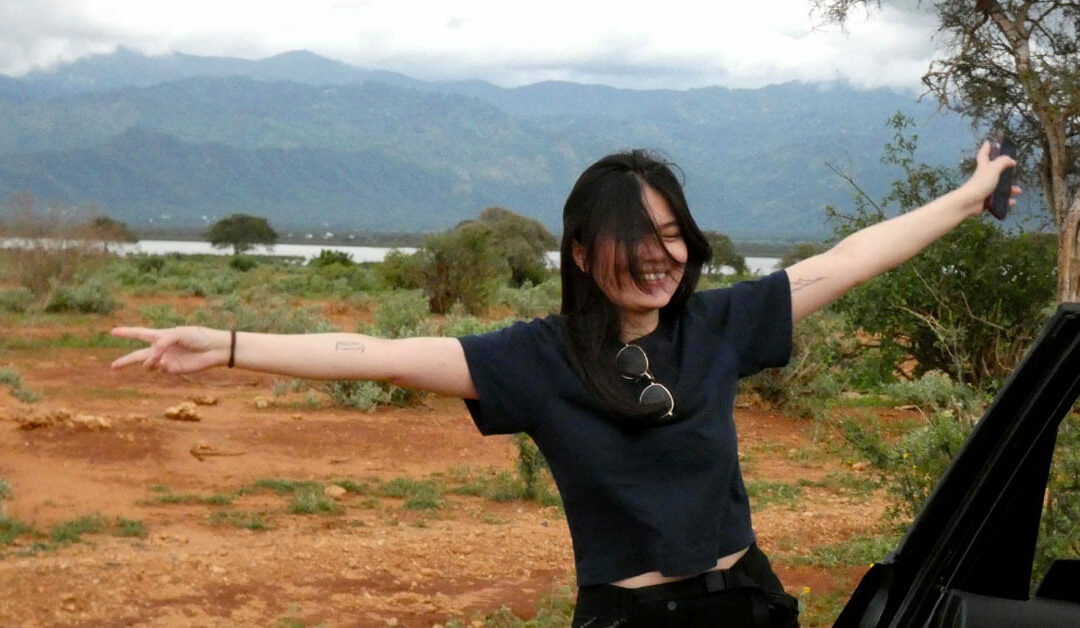
by Daniel Meyer | Nov 16, 2023
Meet Yen Parico, Director of CoalitionWILD, a nature conservation professional helping make the world a better place.

by Daniel Meyer | Nov 13, 2023
Something momentous happened in the Amazon this year, and if you are a WILD.org donor, surprise! you were a part of it.








